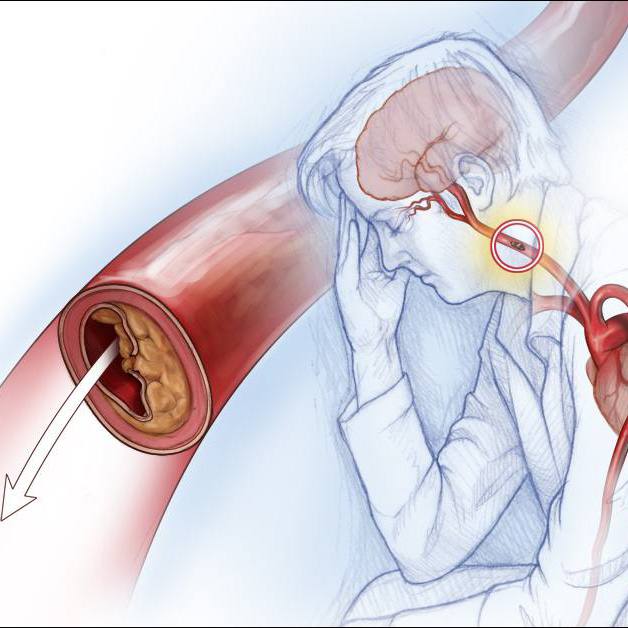The term "freshman 15" often refers to weight gain by students during their first year in college. Many times, it's their first time away from home and their normal routines.
Dr. Denise Millstine, a Mayo Clinic internal medicine physician, shares daily goals for every freshman.
Journalists: Broadcast-quality video (1:00) is in the downloads at the end of this post. Please courtesy: "Mayo Clinic News Network." Read the script.
In this season of packing up for college, here's a warning about packing on the "freshman 15."
"It's usually not actually 15 (pounds). It's more often 7 or 8," says Dr. Millstone.
Still, it's extra weight that Dr. Millstine says is often caused by a change in activity and eating habits from high school to college.
"If you're going to be eating at a cafeteria or eating out more, stop and think: How am I going to manage this?" she says.
Dr. Millstine offers four daily goals for every freshman. No. 1: Eat plants.
"Ideally, at least five fruits and vegetables every day," says Dr. Millstine.
No. 2: Don't drink a lot of calories.
"If you're going to class and you're grabbing a coffee drink or a smoothie, it can have a lot of calories in it," explains Dr. Millstine. "Same thing with energy drinks."
No. 3: Find ways to move.
"Take the stairs instead of the elevator," she explains. "Always make sure you're walking to class."
And No. 4: Get decent sleep.
"Really trying to get that seven to nine hours of sleep consistently, whatever your body requires, can help you to manage your weight." Dr. Millstine concludes.

Related posts:
Related Articles







